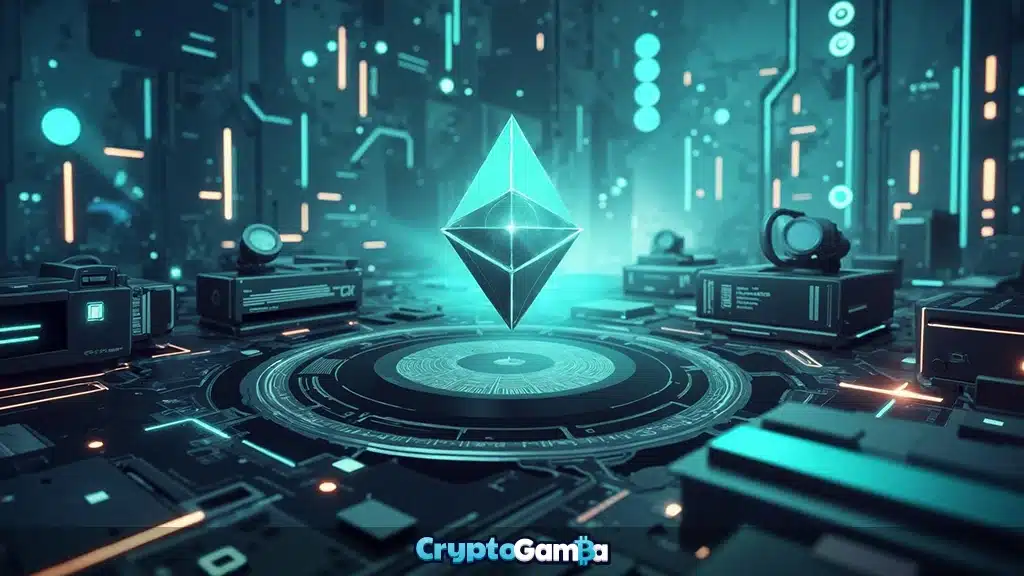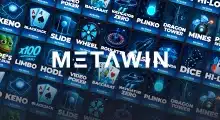How DAOs Could Redefine Future of Crypto Casinos?
Web3, NFTs, DeFi, DAOs… All these terms can be quite intimidating if you're new to the world of cryptocurrencies. Still, to make the most of the new technologies, you must understand what they represent and how they work.
In this article, Crypto Gamba focuses on decentralised autonomous organisations, or simply DAOs. We'll try to explain these structures and their role in the crypto casino space.
What Is DAO?
One of the first things you learn about cryptocurrencies is that they are decentralised, with no central authority controlling them. It's possible thanks to blockchain technology, which serves as the foundation for all things crypto. Around 10 years ago, a group of blockchain enthusiasts came up with an idea to create an organisation based on the same principles. You've guessed it correctly: a decentralised autonomous organisation (DAO).
A DAO is an entity based on the rules which are encoded on a blockchain and rely on smart contracts instead of centralised leadership. Such an organisation is member-owned, transparent and eliminates geographical boundaries, meaning that people worldwide can govern it and make decisions.
Smart contracts are crucial for DAOs to function effectively. They automate voting and decision-making, executing programmed codes when a consensus is reached. At the same time, smart contracts are stored on a blockchain, which enables the community to view and audit them, eliminating intermediaries and reducing the risk of manipulation or fraud.
How Can DAOs Transform Online Gambling Platforms?
Now, one may ask what DAOs have to do with crypto casinos. Well, crypto casinos can also be managed by DAOs. A DAO-run casino is a platform where a community, as a collective, makes decisions about every aspect of its operations. In other words, there is no house.
Such an organisation could transform online casinos as we know them today, including those operating in crypto. As a matter of fact, several gambling sites are already run by DAOs. They are built on the Ethereum blockchain, which enables smart contracts, and are powered by the Ethereum ERC20.
What Would That Mean for Players?
In a DAO-run casino, the community, comprising token holders, can decide whether to add a new game or payment method. Or, they can reach a consensus over specific platform updates. By giving a voice to the community, DAO-run casinos can address some of the primary concerns associated with traditional online casinos.
Transparency
Although crypto casinos with provably fair games have already made online gambling more transparent, DAO-run casinos guarantee complete transparency. The smart contracts on the blockchain they rely on are fully accessible to all the members, so they can verify each outcome and payout determined by the RNG.
Trust
Full transparency means enhanced trust, but that goes beyond game results. While in traditional casinos the operator has full power, meaning that they can refuse to pay out your winnings, in DAO-run casinos, that's not the case. All decisions are made by community consensus, rather than by the company, so trust is also decentralised.
Withdrawals
In DAO casinos, withdrawals are processed and completed through smart contracts. So, there's no human interference that would cause delays. Given that withdrawal times are one of the biggest issues with online casinos, using smart contracts would be a solution to this problem.
House Edge
One of the biggest fears when playing at traditional casinos is that games could be rigged. Thanks to the smart contracts that DAOs use, there's no way for anyone to change the rules of any game. As a consequence, players can rest assured that the house edge is fair.
Challenges and Limitations
The use of DAOs in online gambling is not all roses. DAO-run casinos have their own set of challenges and limitations, starting with a steep learning curve, as users must be familiar with numerous technical aspects to use them properly.
Technical and Security Concerns
Smart contracts have vulnerabilities that can be exploited by hackers, allowing them to drain funds or rig games. At the same time, if attackers accumulate enough tokens and gain disproportionate voting power, they can submit and pass malicious proposals.
Additionally, when running games on blockchain networks, certain block time delays should be taken into consideration. In practice, a delay of 15 seconds will make it impossible for games like real-time poker, live dealer games or those with multiple players that require fast interaction to run smoothly. Also, they may incur higher transaction costs or gas fees.
Governance Issues
Community members don't have to be hackers to undermine the fundamental nature of DAOs. They can become a centralised entity if a small group of members accumulates most tokens and controls voting power. Another governance risk arises from so-called voter apathy, where the majority of users don't participate, leaving decision-making to an active minority.
Moreover, the absence of a central authority means no 24/7 live support. So, if anything goes wrong, you won't be able to reach out to a casino agent to help you solve the issue.
Regulatory Risks
DAO-run casinos are not legally recognised in most of the world, so no one is responsible if such a platform fails. Since there are no legal representatives, none can be held accountable, which can make resolving disputes impossible. Also, there's no regulatory body to turn to.
Conclusion
At DAO-run casinos, players are not only users; they become stakeholders. As such, these platforms are powerful innovations that give the community a voice. Still, their decentralised nature imposes certain limitations, starting with user friendliness, and various concerns, from technical and governance to regulatory ones.
Although DAOs have considerable potential for transforming the casino industry, their adoption is cautious and slow. Therefore, we still can't claim that they are the future of online gambling.





